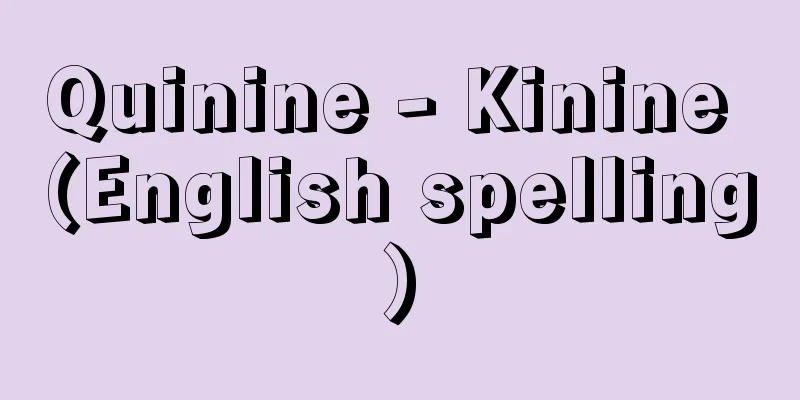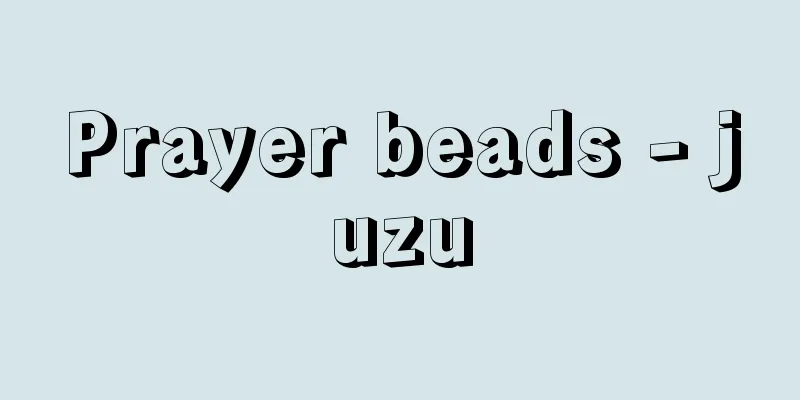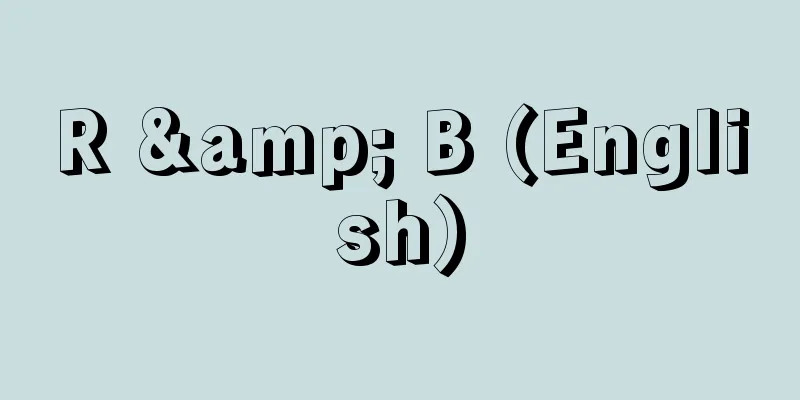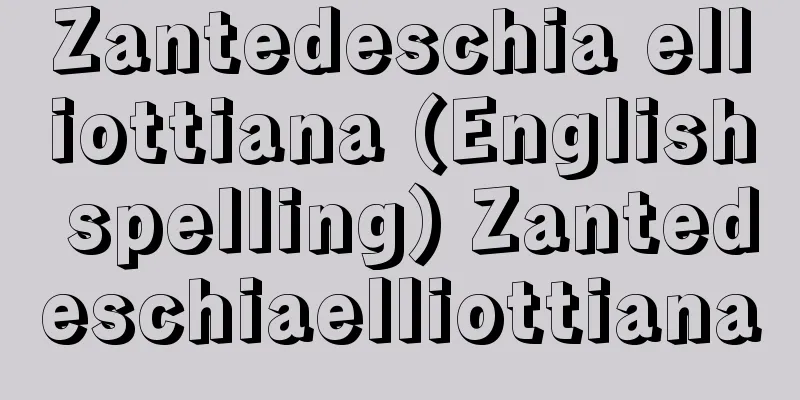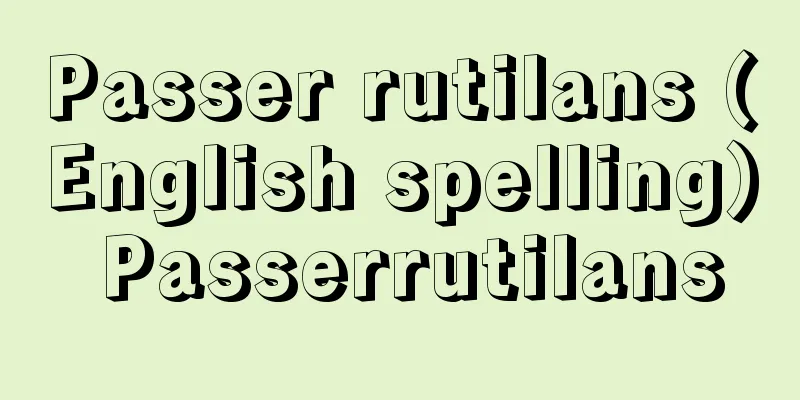Confusion - Confusion

|
When ownership and other real rights over the same thing are vested in the same person, the extinction of those real rights is called confusion (Article 179, paragraph 1, main text of the Civil Code). For example, if a son has a surface right over land owned by a father, when the father dies and the son becomes the sole heir, the son will acquire ownership of the land, and it is meaningless for the son to continue to have a surface right over his own land, so the surface right will be extinguished. However, since the rights of third parties cannot be harmed, this does not apply when the thing or the real right is the subject of a third party's right (Proviso of the same paragraph). For example, in the above example, when a mortgage is established for a third party on the land or surface right. When real rights other than ownership and other rights that have them as their subject matter are vested in the same person, those rights will be extinguished. In this case, the provisions of the proviso of the previous paragraph apply (Article 179, paragraph 2). This is the case when the surface right and the mortgage that has them as its subject matter are vested in the same person. The provisions of the previous two paragraphs do not apply to possessory rights (Article 179, paragraph 3). Extinction due to confusion is also recognized for claims. In other words, when a claim and a debt belong to the same person, the claim is extinguished (Civil Code Article 520, main text). For example, when a father who has a loan claim against his child dies, the claim is extinguished to the extent of the child's share of the inheritance. However, this does not apply when the claim is the subject of a third party's right (same Article, proviso). This is the case when a pledge has been established on the loan claim mentioned above. [Ken Kawai] [Reference] | | | | |Source: Shogakukan Encyclopedia Nipponica About Encyclopedia Nipponica Information | Legend |
|
同一の物につき所有権と他の物権が同一人に帰したときに、その物権が消滅することを混同という(民法179条1項本文)。たとえば、父が所有する土地について子が地上権を有していたところ、父が死亡して前記の子が唯一の相続人となったときには、子が土地の所有権を取得することになるので、子が自分の土地に地上権をもち続けることは無意味であるから、地上権は消滅する。しかし第三者の権利を害することができないので、その物またはその物権が第三者の権利の目的であるときは、この限りでないとされる(同項但書)。たとえば前記の例で、土地や地上権について第三者のために抵当権が設定されているようなときである。所有権以外の物権およびこれを目的とする他の権利が同一人に帰したときは、その権利は消滅する。この場合においては前項但書の規定を適用する(同条2項)。地上権とこれを目的とする抵当権が同一人に帰したようなときである。前2項の規定は占有権には適用しない(同条3項)。債権についても混同による消滅が認められる。すなわち、債権と債務が同一人に帰したときは、その債権は消滅する(民法520条本文)。たとえば、子に対して貸金債権を有する父が死亡したときには、その債権は子の相続分の限度で消滅する。ただし、その債権が第三者の権利の目的であるときは、この限りでない(同条但書)。前記の貸金債権上に質権が設定されていたようなときである。 [川井 健] [参照項目] | | | | |出典 小学館 日本大百科全書(ニッポニカ)日本大百科全書(ニッポニカ)について 情報 | 凡例 |
Recommend
Error - Script
Criminal law This refers to the perpetrator's...
Song-play - Utaawase
A literary group competition in which each team i...
Early education
In a broad sense, it refers to education that is g...
Numa shrimp (marsh shrimp) - Numa shrimp (English spelling) Paratya compressa
A decapod crustacean of the Atypodidae family (ill...
Brandt, MASvon
...German culture also influenced modern Japan in...
Family precepts - Kakun
Parents leave instructions to their descendants i...
barbat
…The pipa, known in China since the Han dynasty, ...
Jean Grave
1854‐1939 A leading French anarchist active from 1...
Extremely easterly wind
An easterly wind that blows from the polar high p...
Albergo (English spelling) [Italy]
A clan association of the city's nobility that...
Grew, N. (English spelling) GrewN
…However, Hooke’s intention was to explain the ce...
Atozza - Atozza
...The stage is two bays wide with a single floor...
Helostoma temmincki (English spelling) Helostomatemmincki
…Breeding is not difficult. (c) Kissing gourami H...
Menkaura
...For this reason, the Old Kingdom is also calle...
Väner [Lake] - Väner
The largest lake in Sweden, located in southern Sw...

